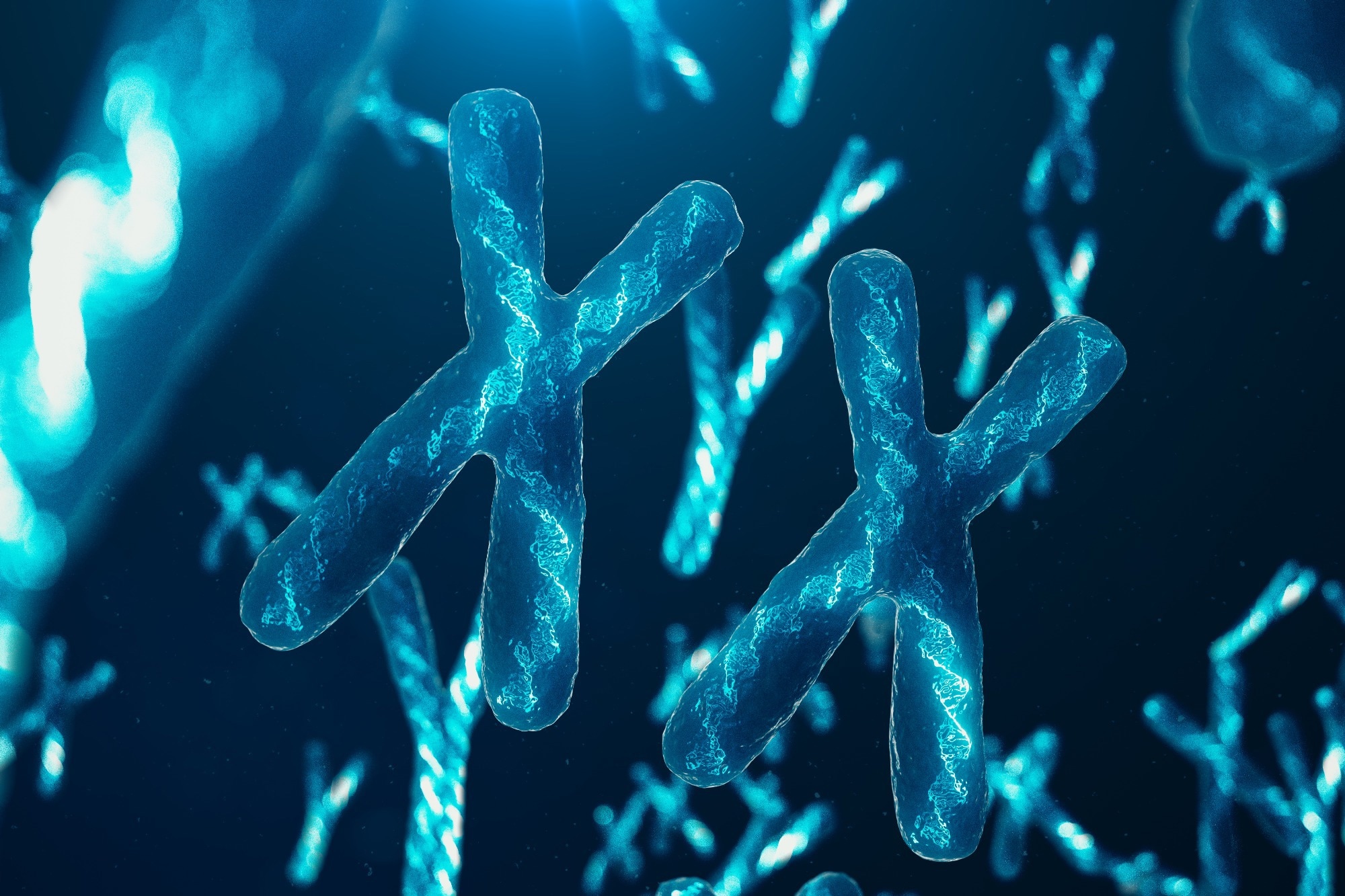Scientists have observed that female individuals can clear infection more quickly than males and have lower mortality after infection across all age groups, including infants and even before birth. They also respond more strongly to vaccination, as seen in female mice, whose immune responses persisted longer and were more resistant to viral and bacterial infections.
 Review: The conneXion between sex and immune responses. Image Credit: Ustyna Shevchuk / Shutterstock
Review: The conneXion between sex and immune responses. Image Credit: Ustyna Shevchuk / Shutterstock
However, these advantages also come with an increased risk of developing autoimmune diseases such as systemic sclerosis (SSc), systemic lupus erythematosus (SLE), and Sjögren syndrome. Females account for 80% of autoimmune disease cases, and this proportion has increased over time. These differences could arise from sex hormone level variations, gonadal sex hormones, and the X and Y chromosomes.
Immune cell composition shows sex-based differences
Scientists used flow cytometric immunotyping to observe sex-based differences in humoral, cellular, and innate immune responses, including increases in clusters of differentiation (CD)4+ T cells in females, indicating higher thymic function.
Females also have more plasma cells, regulatory T (Treg) cells, CD19+ B cells, mucosa-associated invariant T cells, and naïve CD8+ T cells than males. However, males tend to have more CD16+ and CD14+ monocytes, natural killer (NK) cells, and myeloid cells. Differences between males and females in terms of humoral immunity include high immunoglobulin M (IgM) antibody production in females.
Mouse strains have also been used to identify other sex-based differences, including higher T and B cells in peripheral blood in females and more NK cells in the spleen of males. However, sex hormones are not associated with the effector function or number of NK cells.
Immune cells are affected by sex hormones
Gene expression in subsets of immune cells differs between males and females, which can be affected by sex hormones. About 1,875 transcripts, the majority autosomal, show sex-based differences, mostly in one immune cell type.
For example, depending on which immune cell or hormone concentration is examined, estrogens can have anti-inflammatory or pro-inflammatory functions. They also increase endosomal Toll-like receptor 9 (TLR9), TLR7, and TLR3 expression.
Immune functions may also differ between sexes in terms of microbial infections. Scientists have found that in female rats, peritoneal macrophages express higher levels of TLRs and show enhanced phagocytosis and bacterial elimination. Studies of sepsis in mouse models also showed that males became more sick; more live bacteria were recovered from them than from female mice.
Males may be more likely to suffer endotoxic shock than females, which could be because their neutrophils have higher TLR3 expression, leading to greater production of pro-inflammatory cytokines.
However, androgens are thought to play an anti-inflammatory role, so mechanisms that increase TLR4 expression in the neutrophils of humans are not well understood. Another reason androgens are important is that they regulate the thymic expression of a transcription factor that supports self-reactive T-cell elimination.
X chromosome reactivation and female autoimmune disease
During development in female mammals, one X chromosome remains inactive or transcriptionally silenced. This may reduce or even eliminate heterochromatic modification enrichment, leading to myeloproliferative neoplasia, increased polyp formation, or the absence of perceptive phenotypes in mouse models. However, these studies indicate that inflammatory stress can reactivate the inactive X chromosome.
Lymphocyte progenitors and other immune cells lack epigenetic features on the inactive X chromosome, suggesting that its chromatin is more euchromatic compared to fibroblasts and can, at certain loci, become aberrantly reactivated. This could lead to pro-inflammatory genes becoming more expressed as a response to infections, which would be advantageous to females. However, this would also explain why females are more susceptible to autoimmune conditions.
Differences in responses to pathogens and vaccination
Observed sex-based differences in pathogen infection rates include higher susceptibility to many fungal, bacterial, viral, and parasitic infections for males and parasitic worm infections for females. Ebola, severe-acute-respiratory-syndrome-related coronavirus 2 (SARS-CoV-2), and human immunodeficiency viruses (HIV) have shown sex-based differences in replication, co-infection, and transmission rates. Researchers believe this could be explained by the higher inflammatory responses observed in females.
Females often show higher antibody response after vaccination but are also more likely to experience adverse reactions. They show higher levels of inflammation in the vicinity of the injection site. Some researchers have suggested that the doses of vaccines for female individuals should be reconsidered to reduce the chance of adverse reactions. However, little is known about which X-linked genes could cause these differences.
Conclusions
Overall, the research findings indicate that biological sex is significantly associated with immune health and responses. Sex-specific analysis is needed in more immunological studies to understand the molecular and cellular basis for these observed differences between males and females. Such insights are key to designing effective sex-specific treatments for better outcomes.
Journal reference:
- The conneXion between sex and immune responses. Forsyth, K.S., Jiwrajka, N., Lovell, C.D., Toothacre, N.E., Anguera, M.C. Nature Reviews Immunology (2024). https://doi.org/10.1038/s41577-024-00996-9, https://www.nature.com/articles/s41577-024-00996-9